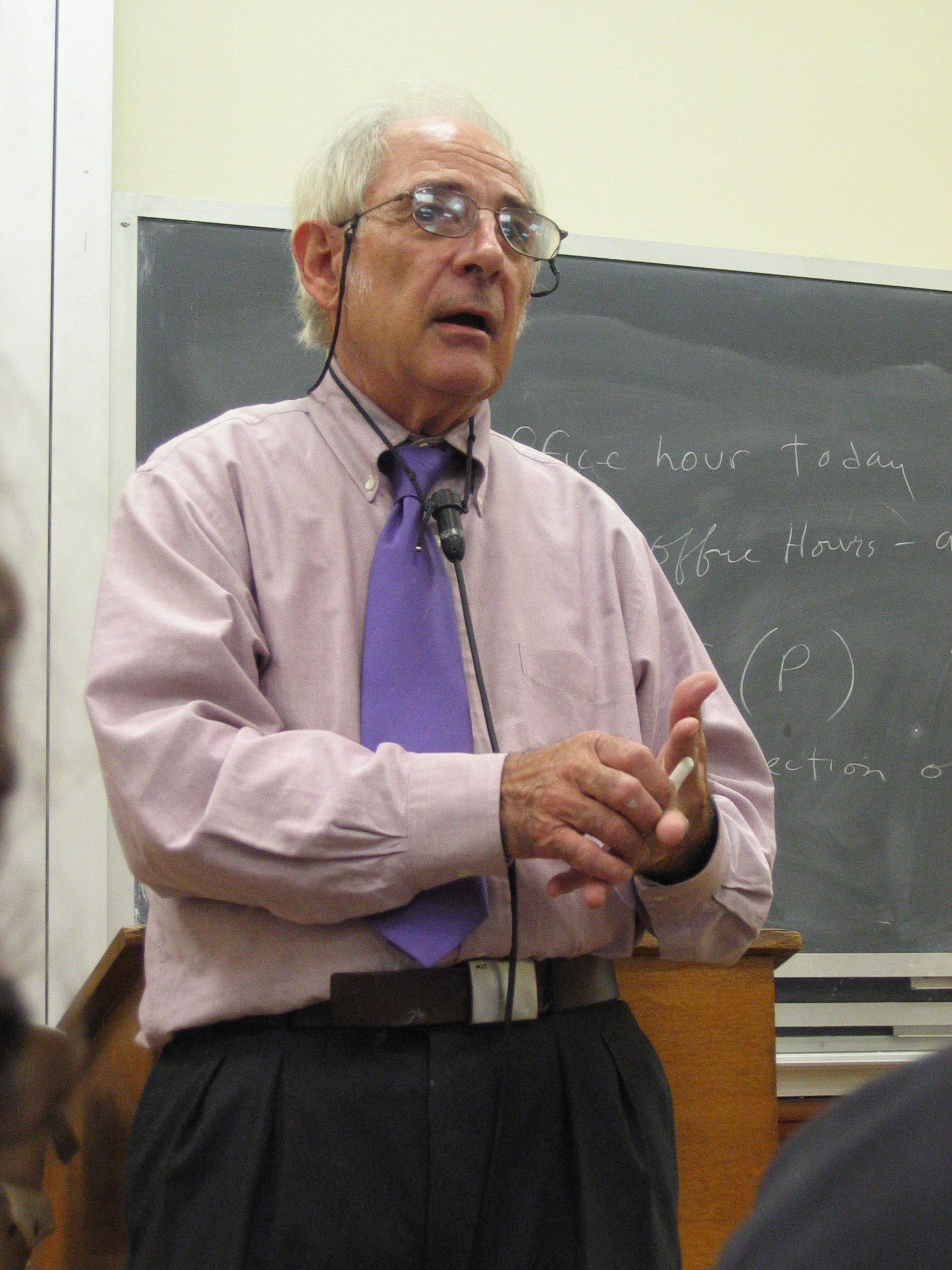In The Structure of
Scientific Revolutions, Thomas Kuhn argued
that the whole realm of activities called "Science"
follows a set of practices that are not merely rational. Science does not
progress in a steady march of improving knowledge. In Kuhn’s view, Science
always moves from a less useful picture of the world to a more useful one by
unpredictable leaps, rather than in a gradual, rational expansion of knowledge.
He called these leaps paradigm shifts.
Paradigm shifts
occur for individuals, communities, and nations as each individual who “gets it”
has her moment of insight and then experiences a leap of understanding that
makes her see reality in a new and radically different way, a kind of
conversion experience that then steers her into a sect of fellow believers.
Whatever else it is, Science is not merely rational. It is driven as much by
unconscious and social factors as by conscious, logical, rational ones. Not surprisingly,
Kuhn’s work has provoked many responses, pro and con.2

John Searle (credit: Wikipedia)
In the meantime, attacks aimed specifically at the social sciences
are made by philosopher John Searle. Taking still another tack, he argues that
physical sciences can be rigorous, but social ones cannot. Social sciences have
to discuss models that are too vaguely defined, and therefore, Searle claims,
the conclusions that studies in the social sciences produce can’t be nomothetic—that is, law like—at all.3
(He and several other critics of social science are well countered in Harold
Kincaid’s book Philosophical Foundations
of the Social Sciences: Analyzing Controversies in Social Research.4)
In response to these criticisms, some social scientists have
striven to be more objective and empirically rigorous in their work. But they
do admit that the studies done in their fields are often difficult to replicate
because relevant background conditions to the phenomena being studied can’t be
reset. For example, how could a tribe go back to living as fishers when the
fish species they once lived off are gone? Could we get a modern nation, or
even a small subgroup in it, to live without their cell phones?
Even a social scientist’s examination of a group of people changes
those people. In the process, some of the morés of the people being studied become
altered or cease to exist. Social scientists also admit that the models guiding
their research can’t be expressed in neatly logical terms so the phenomena the
researchers describe are often not reducible to formulas.
In addition, many of
the ways in which a researcher’s own biases may influence what she looks for
and how she sees the data seem impossible to forestall, no matter how carefully
the studies are designed.
Finally, many human customs make sense only when they are viewed in the
context in which the humans being studied normally live. Outside of their
contexts, human actions often look pointless. In the ancient markets, which
kiosks sold batteries? Before they went overseas, where did the Crusaders get
their typhus shots?

romanticized portrayal of "The Last Crusader" (Lessing) (credit: Wikipedia)
Thus, social scientists admit they often must settle for a single
print of any phenomenon they wish to study. Societies vary widely in their
beliefs and morés and keep changing even as we examine them. There are a great
number of “prints” of reality to study and more coming all the time; we’ll
never catch up. And for that matter, how can any social scientist who grew up
largely inside of one culture ever claim to look objectively at another
culture?
No comments:
Post a Comment
What are your thoughts now? Comment and I will reply. I promise.